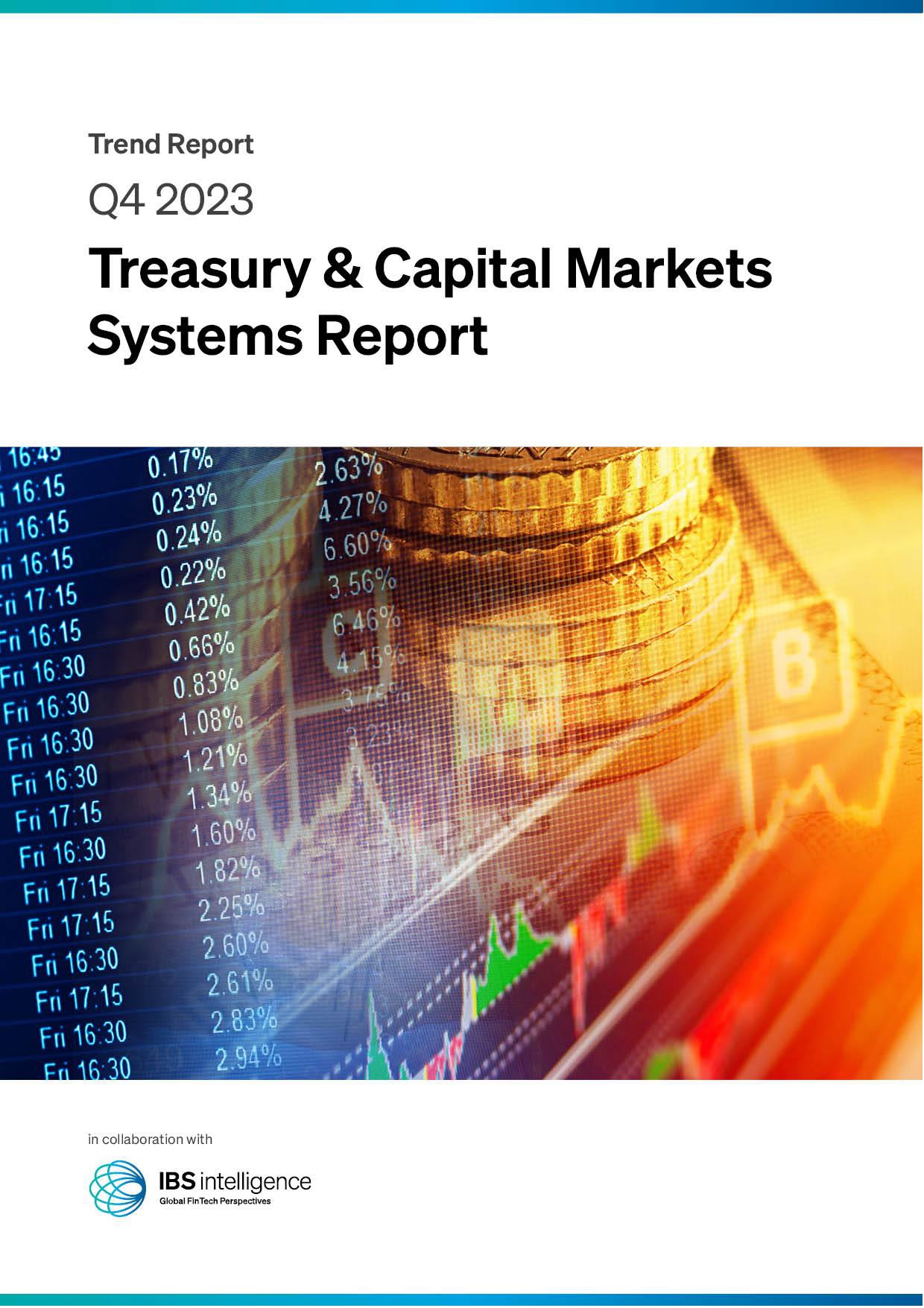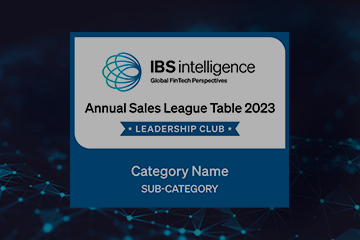 Back
Back
Longevity Card launches resources for mental health, money management
By Sunniva Kolostyak
Longevity Card, the money and lifestyle app, is launching a community feature in its marketplace to provide resources and links to mental health and money management services, in response to World Mental Health Day.
Longevity Card, a UK-based FinTech, is aiming to make the mobile banking experience easier and safer for people of all ages by developing new financial products designed for customers who are planning to live extra-long lives and want to remain high functioning and financially stable throughout.
In response to World Mental Health Day, the firm is looking at how financial services can do more to improve mental wellbeing, and is launching a new community feature within their Longevity Marketplace – a one-stop-shop of the top health brands with exclusive access and discounts. The community section will provide resources and direct links to mental health organisations like Mind, Rethink and Samaritans, as well as money management advice services like Citizen’s Advice Bureau.

Sergey Balasanyan, CEO and Co-Founder of Longevity Card, told IBS Intelligence: The most harrowing content we came across today, is the link between debt and suicide. Almost 50 per cent of people in the UK struggling with debt, have considered suicide. To become so consumed by debt, that you consider your only option to end your own life – it is beyond a shame. It is unacceptable. There is help available, there are other options, and these should be heavily advocated by the financial institutions and financial technology companies.”
Balasanyan said he feels strongly about taking a stance: “As a financial services company, we must hold ourselves to account. We have a responsibility to protect our customers’ mental health and provide them with preventative resources. The Big Four Banks provide information and support – Barclays, HSBC, Lloyds, Natwest are doing a great job of offering their customers information-based support and customers can better control their money… but independently. We encourage financial institutions to go further by partnering with mental health-focused companies and non-profit organisations so the industry unites to reduce any negative impact banks have. The future of banking is in collaboration. This is the example we should be following. This is the ethical way to do business.”
According to Longevity, one in four people with mental health problems are in debt or arrears, and people with depression and anxiety are three times more likely to be in debt. While a number of banks are now offering mortgage holidays, advice from lenders on how to improve credit rating and a significant rollback on levied fines and charges, it might not be enough. When applying for credit, the decision is based on an algorithm or artificial intelligence, and systemised decision-making programmes might not be able to navigate the complexities of personal circumstance that can spiral into a mental health problem.
 The FinTech People who have depression and anxiety are 3x more likely to be in debt. The problem with these statements is, they come after the fact and it is largely due to the aforementioned lack of insight when approving accounts and loans. This, Balasanyan added, is amplified by a lack of insight when approving accounts and loans.
The FinTech People who have depression and anxiety are 3x more likely to be in debt. The problem with these statements is, they come after the fact and it is largely due to the aforementioned lack of insight when approving accounts and loans. This, Balasanyan added, is amplified by a lack of insight when approving accounts and loans.
“People are struggling so much more during the pandemic, unemployment is on the rise and bills will be stacking up. My team will work proactively and responsively to safeguard our customers as best as we can,” he said.
One of the first steps into safeguarding the mental health of customers is Longevity Card’s partnership with HeadSpace, a mindfulness application specialising in meditation. It has previously ran the campaign ‘Money on the Mind’.
HeadSpace said: “The easiest thing to do, of course, is project our current situation into the future and imagine it’s never-ending, making us feel even worse. It’s why many of us go into avoidance: avoiding calls from utility companies, avoiding opening bank statements, and avoiding tough conversations. The hardest thing to do is to look our financial stress in the eye, stay present, and deal with it. Meditation cannot make us wealthy or dissolve our debts, but it can bring an awareness that helps us reframe our approach to finances, and therefore, ease the strain.”
IBSi Daily News Analysis

April 18, 2024
Longevity Card
GCC banks bolster Cybersecurity measures to combat email fraud
Read MoreIBSi FinTech Journal
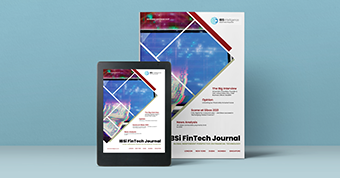
- Most trusted FinTech journal since 1991
- Digital monthly issue
- 60+ pages of research, analysis, interviews, opinions, and rankings
- Global coverage
Other Related News
April 18, 2024
RCBC & Digital Wallet Corporation to develop digital banking in Philippines
Read MoreRelated Reports
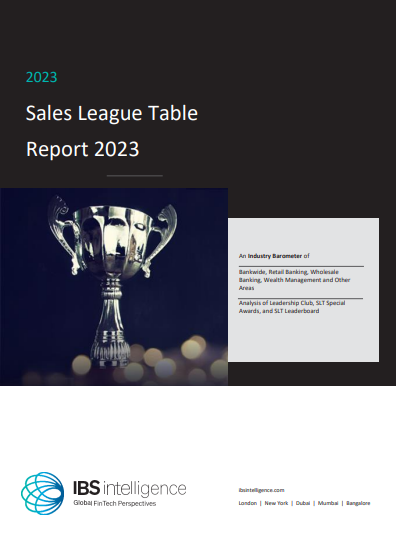
Sales League Table Report 2023
Know More
Global Digital Banking Vendor & Landscape Report Q1 2024
Know More
Wealth Management & Private Banking Systems Report Q1 2024
Know More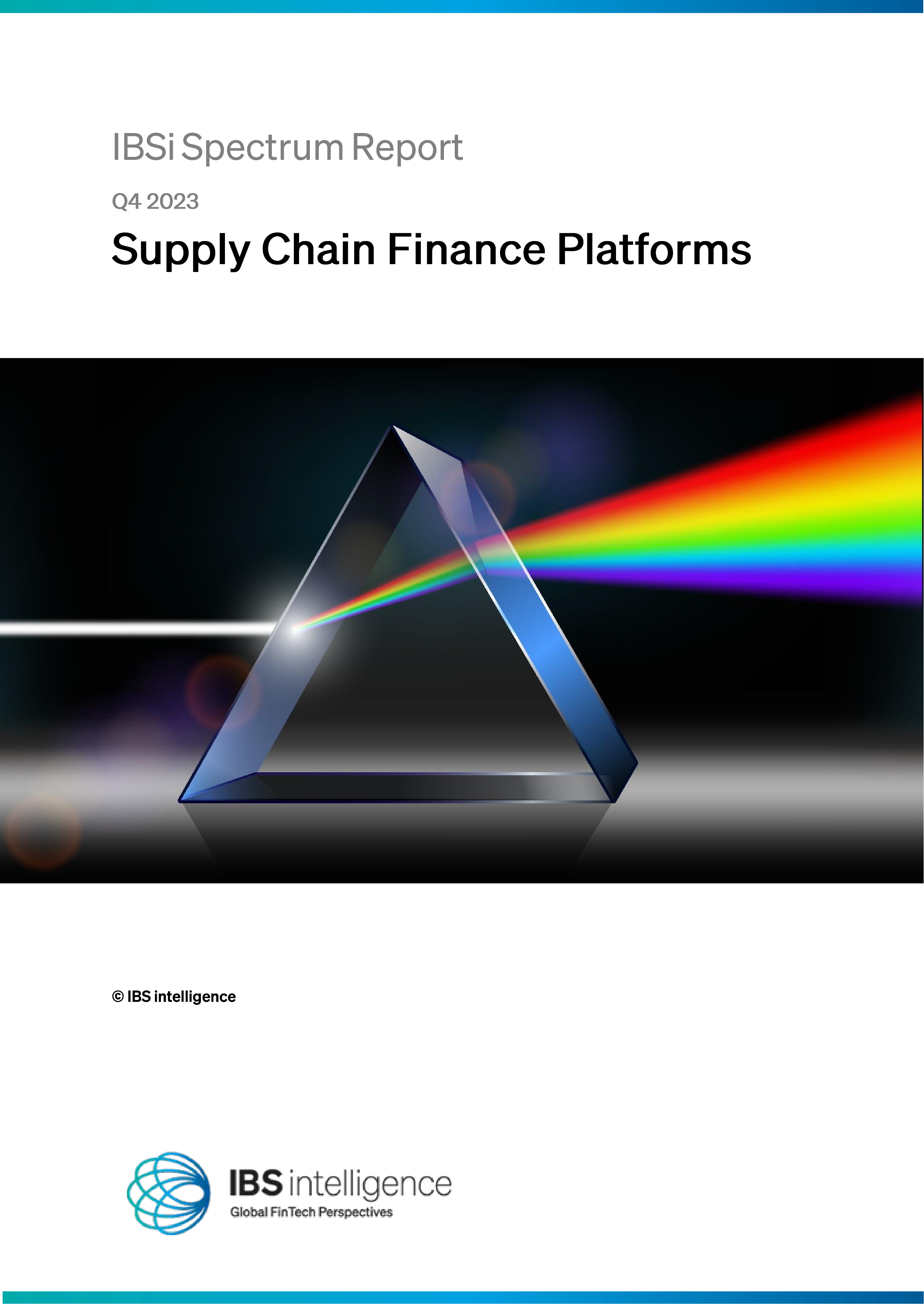
IBSi Spectrum Report: Supply Chain Finance Platforms Q4 2023
Know More